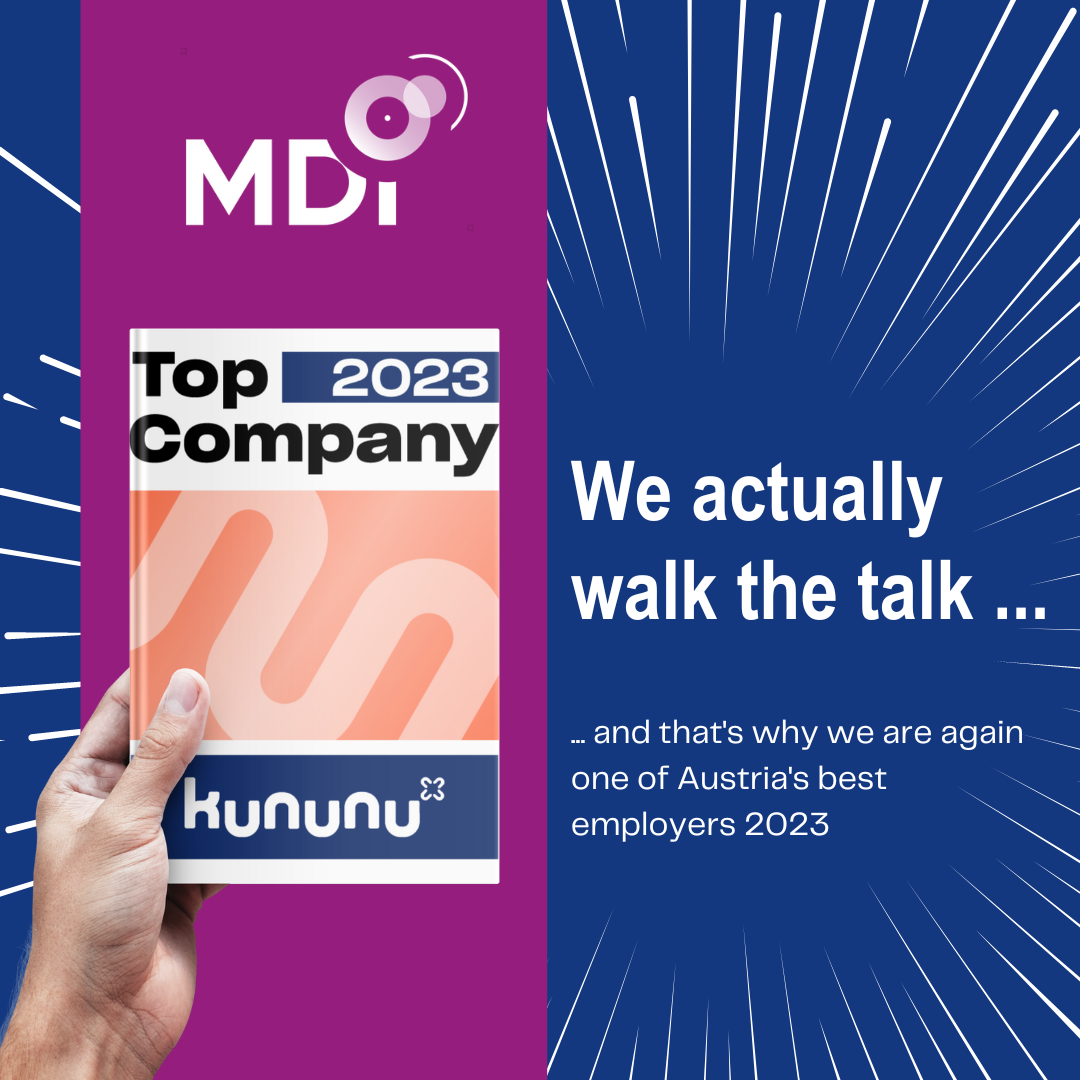Why do you like your job?
Is it the work, the salary, or perhaps the interaction with your colleagues?
The latter is being neglected in many companies, especially during the pandemic. Until then, people had lunch together from time to time, chatted briefly at the coffee machine or worked together on projects.
How to foster exhange and strengthen social capital in the workplace.
But how do you foster this exchange, this connection in a hybrid or even virtual environment?
Find out here in this article.

McKinsey’s “Social Capital”
John Parsons and Brooke Weddle refer to this connectedness to the people in our workplace as the “social capital.” They talk about it with Roberta Fusaro on The McKinsey Podcast.
A strong network not only enhances our creativity, but also creates a better learning, motivation, and career mobility. “Social capital” is also about, among other things, fostering relationships with people we might not be in touch with as much otherwise.
However, since the pandemic, that’s easier said than done. According to a McKinsey report, less than 15% of all employees surveyed claimed that their network has grown, and only about one fifth of all respondents feel they are now more connected to the people in their workplace. More women tend to say that their network is not growing much at all.

So how can we strengthen our social capital?
One idea Weddle presents is sponsorship. This involves investing your time in someone who has less experience on the job, thus giving all your valuable knowledge to someone else. This can build a strong connection in the workplace and motivate the employee.
The Social Network Map
Another concept is the social network map. In every company, there are a few key people – people who are a valuable contribution to the social network. This can be a team leader, but also a so-called bridge builder – a person who unites different groups. All these important employees are captured and illustrated on the social network map.
McKinsey is also currently in the process of redesigning their offices to adapt to a more effective way of working. They are planning tighter meeting spaces, where direct communication with each other should be a lot easier. There will be more open spaces for non-work activities, such as lunches and coffee breaks.
Overcoming biases
Managers need to reflect on what biases they already have about social capital. They need to overcome these and adapt to current working conditions in order to create effective working models.
Finally, Weddle and Parsons offer two basic tips: stay on the ball and focused on expanding the social capital and stay inclusive. By this, they mean planning collaborative activities in which everyone can participate.
Social Capital @ MDI
At MDI, we have been trying to strengthen our social capital for quite some time. Some shared social activities are already an integral part of this capital:
Weekly:
- Alternating between Lunch Fix and Breakfast, we all eat at the same table.
Once a month:
- VR Training: a fun afternoon where we test our own virtual reality training programs.
Once a quarter:
- One team at a time hosts a regulars’ table on different mottos.
Once a year:
- Business Run: teams run with or against each other to also improve their sportsmanship.
- Care Day: a day to take care of our resources and support each other
- Summerfest: Celebrating the beginning of summer including friends/partners/family
- Christmas-party
Special Occasions:
- Every birthday is celebrated – whether online, face-to-face or hybrid. Everyone can join in the toast – even if it’s only via screen.
- Workation (Work and Vacation): Sometimes colleagues travel with each other to promote team cohesion.
- …
Of course, each company should decide for themselves what is effective and how to best strengthen their own social capital. However, don’t be afraid to try new things – just because it’s harder to promote social networking since the pandemic, doesn’t mean it’s impossible.
It workes for us @ MDI, because we were awared (for the second year in a row) with the Top Employer of 2023 KUNUNU award 🙂

Jana Wölfl
Marketing Assistant
Jana Wölfl works at MDI as a marketing assistant and writes blog posts for our site in addition to her studies at Leiden University.
She also works for SDI and supports us with writing content there as well.



